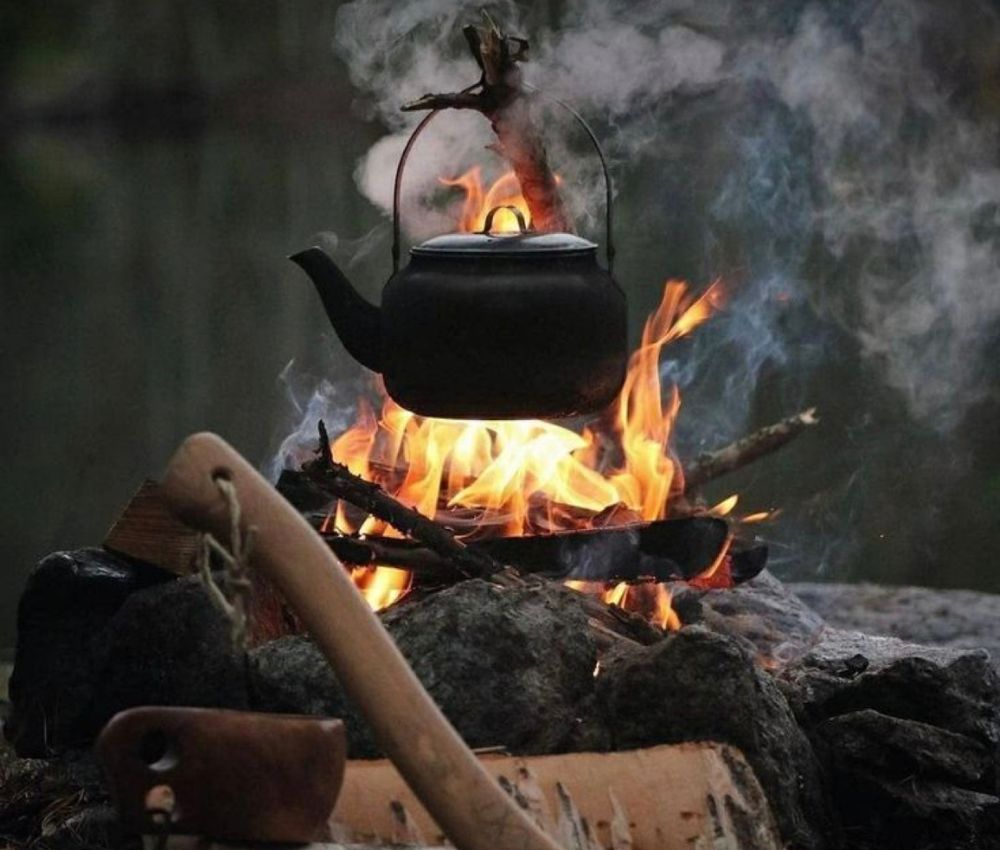Walking Between Two or More Worlds

Walking Between Two or More Worlds
Mānawatia a Matariki to all our 100,000 Cups of Tea visitors. In the previous week’s cuppa we shared in kōrero around a suggested topic from one of our regular visitors who was interested in unpacking the notion of Two-Worlds. This was a particularly exciting topic for Walk Together as we recognise our Mutual Ways philosophy and framework helps people to co-create what we call the in-between world or the intercultural space.
We opened the floor by asking these questions - How do you do Two-Worlds and how do you navigate between?
Defining Two-Worlds
The group started off by defining what we understood to be Two-Worlds. One participant suggested that Two-Worlds could depend on a set of similarities between two different cultures and used a simple example - “Australian rules and rugby league…share similarities like they’ve got a ball, a referee and there are two teams”. Some viewed this as a shared set of cultural norms and - “That finding of that common is the most powerful thing and enduring.”
One of our guests sees Two-Worlds as two different cultural contexts. They explained that a cultural context is not exclusive to one’s ethnicity and says - “Culture can be value systems that are different”.
Following on this theme of two’s, one of our guests shared their observation about Two-Worlds being - “About two truths, and that those two truths can exist at the same time”. They further added that Two-Worlds can be evident in - “contextual situations where they just have different cultures, and ways of being, knowing and doing”.
Exploring the Between-World and Intersectionality of Worlds
As the kōrero continued, some felt like more than Two-Worlds can exist depending on one’s life experience and movements between and across various cultural and geographical contexts.
One described this as being in - “An infinite number of worlds”.
They expanded on this idea by sharing about their lived experience in multiple countries and encountering many cultures. They suggested that this between-world position offers them the opportunity to - “Build connections in the in-between world spaces, between cultural identities”.
One visitor resonated with this experience and said - “I feel like I’m constantly shifting and moving in between different spaces”. They likened this constant movement to adapting to different cultural contexts which has become second-nature to them. Others shared experiences of observing different people adapting the way they interact with others depending on the context and audience - “I guess people are trying to adapt to the audience in front of them, or people in front of them. And it's interesting to see how I've seen people respond”.
Walking Towards Mutual Ways and Shared Understanding
Listening and learning from the lived experiences at our cuppa yarns. The stories showed the connections between worlds and it can be a useful analogy or framework in moving towards understanding each other.
As one guest put it, we may unintentionally lean on - “unconscious bias” and at the same individual expressed the importance of getting to know each other on a human level, in efforts to learn to value that which is different, as well as similar.
A parting and wise reminder from one visitor reminded us to be mindful before judging someone who may not think the same as us - “I think what is always useful is knowing that people come to their positions from their own backgrounds and their own history and those are the things that set them apart.” Someone else added the concept of- “ancestral loading, appreciating that it gives a different focus, rather than one's better than the other.”
Through intercultural facilitation, Two-Worlds or Mutual Ways can help people move through the discovery of the worlds, knowledge and experiences people bring with them. Understanding and learning makes working and walking together both possible and potentially enjoyable.
A guest described this very process as - “trying to get on the same page, to share, to understand..you can negotiate, you can get to an agreement, and you can try to get to consensus as best as you possibly can.”
As we end and begin a new year through Matariki, we want to take this time to share that we are humbled and appreciative of our cups of tea conversations with our community. It is one of our most favourite times of the week, where we are holding to our value of slowing down, and making space to have contemplative conversations, and to whanaungatanga, and talanoa.
Join us this morning at 11am NZ time for an open cuppa where we can yarn about what's happening in our spaces and see what other topics come up.

